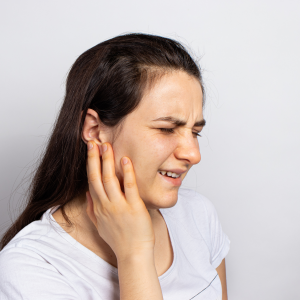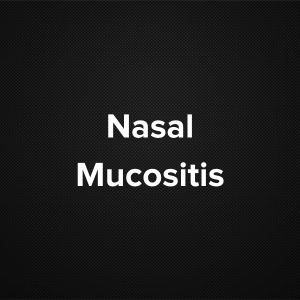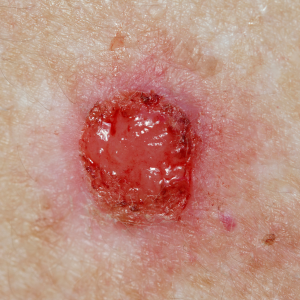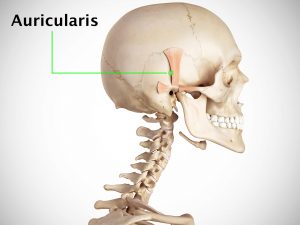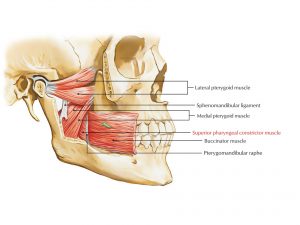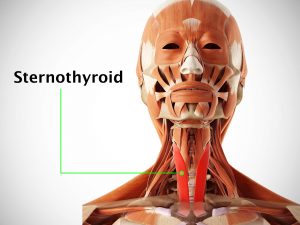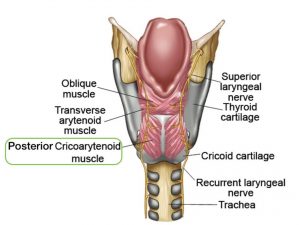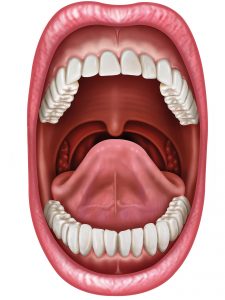Causes and risk factors
Nasopharyngitis can be acute or chronic. Chronic is further divided into simple and atrophic. Acute nasopharyngitis may be viral or bacterial. It follows nasal or sinus infections. Chronic simple nasopharyngitis is caused by nasal or sinus infections which extend to nasopharynx. Chronic atrophic nasopharyngitis occurs in people with atrophic rhinitis.
Clinical presentation
In acute nasopharyngitis, patient presents with dry, burning sensation in the nasopharynx. Patient complains of pain which is worse on swallowing. Fever, malaise, headache are the accompanying symptoms. In chronic nasopharyngitis, there is postnasal irritation. Patient presents with inspiratory snorting, i.e., scratching the throat with noise due to irritation. This produces more secretions and the problem continues. There may be mucopurulent, sticky discharge.
Investigation
Medical history by the patient and clinical examination by the doctor helps in diagnosis. CBC is done. Throat swab culture may be advised.
Treatment
Underlying nasal or sinus infection must be treated. Medications like oral decongestants, analgesics, and NSAIDs are advised. Nasal irrigation, steam inhalation will contribute further to the treatment. Gargling with hot water may be of help.
Other Modes of treatment
The other modes of treatment can also be effective in treating nasopharyngitis. Homoeopathy is a science which deals with individualization and considers a person in a holistic way. This science can be helpful in combating the symptoms. Similarly, the Ayurvedic system of medicine which uses herbal medicines and synthetic derivates is also found to be effective in treating nasopharyngitis.


